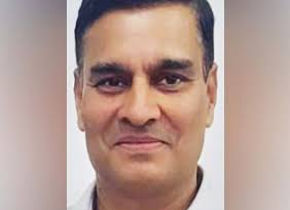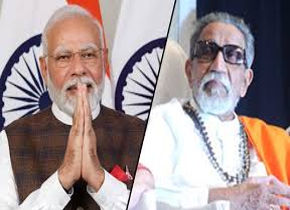Access to Judiciary Has Been Weaponized

Access to Judiciary Has Been Weaponized Posing a Great Challenge to Our Governance, Underlines VP. The Vice-President of India, Shri Jagdeep Dhankhar, recently addressed participants from the Indian Institute of Democratic Leadership (IIDL) at the Vice-President’s enclave. He highlighted the significant challenges posed by the weaponization of access to the judiciary and its impact on governance and democratic values.
Access to Judiciary Has Been Weaponized Posing a Great Challenge to Our Governance
Key Points from the Vice-President’s Address
Weaponization of Judiciary Access
- Fundamental Right: Access to the judiciary is a fundamental right in India.
- Challenge to Governance: In recent decades, this access has been weaponized, posing a great challenge to governance and democratic values.
Institutional Yielding
- Expediency: Institutions are yielding ground to other institutions out of expediency.
- Spinal Damage: Such placatory mechanisms may result in incalculable spinal damage to the democratic framework.
The Concept of Whip
- Servility: The Vice-President questioned the need for a whip, stating it subjects representatives to servility.
- Democratic Values: This practice undermines the essence of democratic representation.
Chaos and Disruption
- Remote control often drives chaos, disruption, and disturbance in the house.
- Loss of Dignity: The Vice-President lamented that the temple of democracy has become a battleground, losing its dignity.
The Role of Judiciary in Governance
Fundamental Right to Access
- Constitutional Provision: The right to access the judiciary is enshrined in the Constitution.
- Weaponization: The misuse of this right has led to challenges in governance.
Impact on Democratic Values
- Erosion of Trust: Weaponizing judiciary access erodes public trust in democratic institutions.
- Governance Challenges: It creates hurdles in effective governance and policy implementation.
Institutional Yielding and Its Consequences
Expediency in Institutions
- Placatory Mechanisms: Institutions yielding ground to others for expediency can weaken the democratic framework.
- Long-term Damage: This practice can cause long-term damage to the integrity of institutions.
Need for Institutional Integrity
- Strengthening Institutions: Ensuring the integrity and independence of institutions is crucial for a healthy democracy.
- Avoiding Expediency: Institutions must avoid yielding ground out of expediency to maintain their credibility.
The Concept of Whip in Democracy
Servility of Representatives
- Questioning the Whip: The Vice-President questioned the need for a whip, which subjects representatives to servility.
- Democratic Representation: Representatives should have the freedom to express their views without coercion.
Impact on Democratic Process
- Freedom of Expression: The whip undermines the freedom of expression of representatives.
- Need for Reform: There is a need to reform the practice to uphold democratic values.
Chaos and Disruption in the House
Remote-Controlled Disruption
- External Influence: Chaos and disruption in the house are often influenced by external factors.
- Loss of Dignity: The Vice-President highlighted the loss of dignity in the temple of democracy.
Restoring Order and Dignity
- Ensuring Order: It is essential to restore order and dignity in democratic institutions.
- Role of Representatives: Representatives must uphold the values of democracy and engage in constructive debate.
Also Read – Nitesh Kumar Sharma Moves as Director Railway Board
Conclusion
The Vice-President’s address highlighted the significant challenges posed by the weaponization of access to the judiciary and the impact on governance and democratic values. He emphasized the need for institutional integrity, reforming the concept of the whip, and restoring order and dignity in democratic institutions. These steps are crucial for maintaining a healthy and vibrant democracy.
Keywords: Access to Judiciary, Weaponization, Governance, Democratic Values, Institutional Yielding, Whip, Chaos, Disruption, Vice-President of India, Shri Jagdeep Dhankhar, Indian Institute of Democratic Leadership, Fundamental Right, Public Trust, Institutional Integrity, Freedom of Expression.











